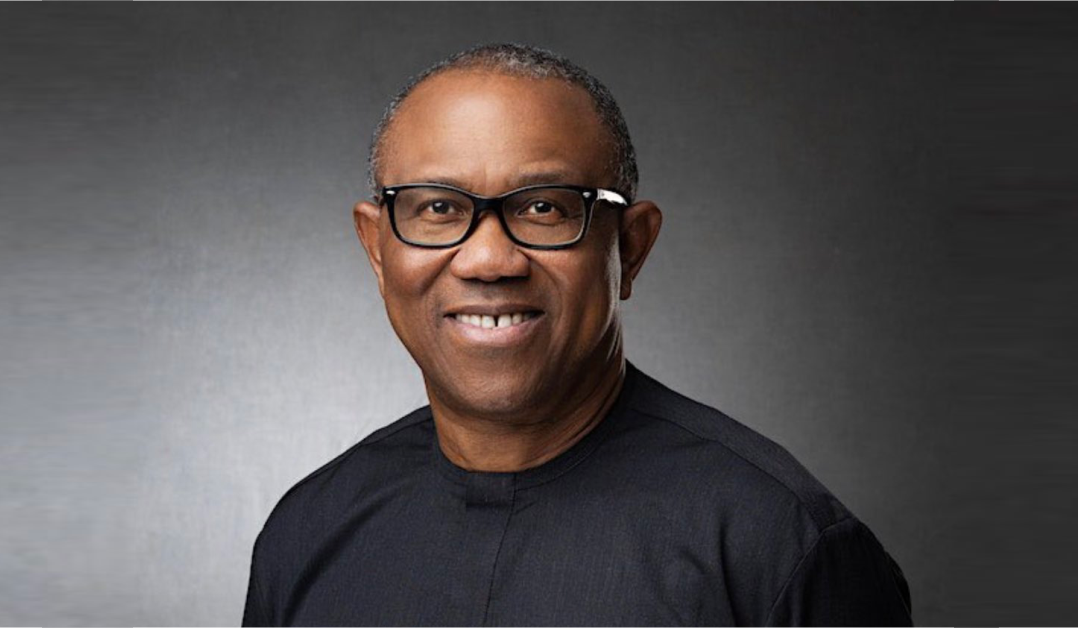631
By Myke Agunwa
The Presidential Candidate of Labour Party (LP) in the 2023 general election, Mr. Peter Obi has described the poor result of candidates that sat for the 2027 Joint Admission and Matriculation Board (JAMB) Examination as a consequence of deep-rooted decay and underinvestment in the educational sector.
JAMB, the body saddled with conducting examinations into tertiary institutions across the country recently released the 2027 result, announcing that while 1,955,069 candidates sat for the exam only about 420,000 candidates scored above 200, while over 1.5 million scored below 200.
Commenting on the development Obi via his verified X handle said that “the data implies that over 78% of the total candidates failed to meet the 200-mark threshold — a reflection of the deep-rooted challenges in our educational system.
“The latest JAMB results once again highlight the consequences of decades of underinvestment in education, a sector that should be central to our national development strategy”.
Obi who is noted for churning out comparative figures compared Nigerians educational situation with Bangladesh and some countries.
“Currently, Nigeria’s total university enrollment stands at approximately 2 million students. By comparison, the National University of Bangladesh — a single university — has over 3.4 million students enrolled, despite the country having only about 75% of Nigeria’s population. One university in Bangladesh surpasses the entire university enrollment in Nigeria.
“Bangladesh, which once lagged behind Nigeria in virtually every measurable development index, now surpasses us in all key areas of development and in the Human Development Index (HDI).
“Similarly, Turkey, with a population of about 87.7 million people, has over 7 million university students — more than three times Nigeria’s total university enrollment”.
The former governor of Anambra state harped on the need for government to invest more in education insisting that “education is not just a social service; it is a strategic investment. It is the most critical driver of national development and the most powerful tool for lifting people out of poverty.
“We must now invest aggressively in education — at all levels — if we are serious about building a prosperous, secure, and equitable Nigeria”.



